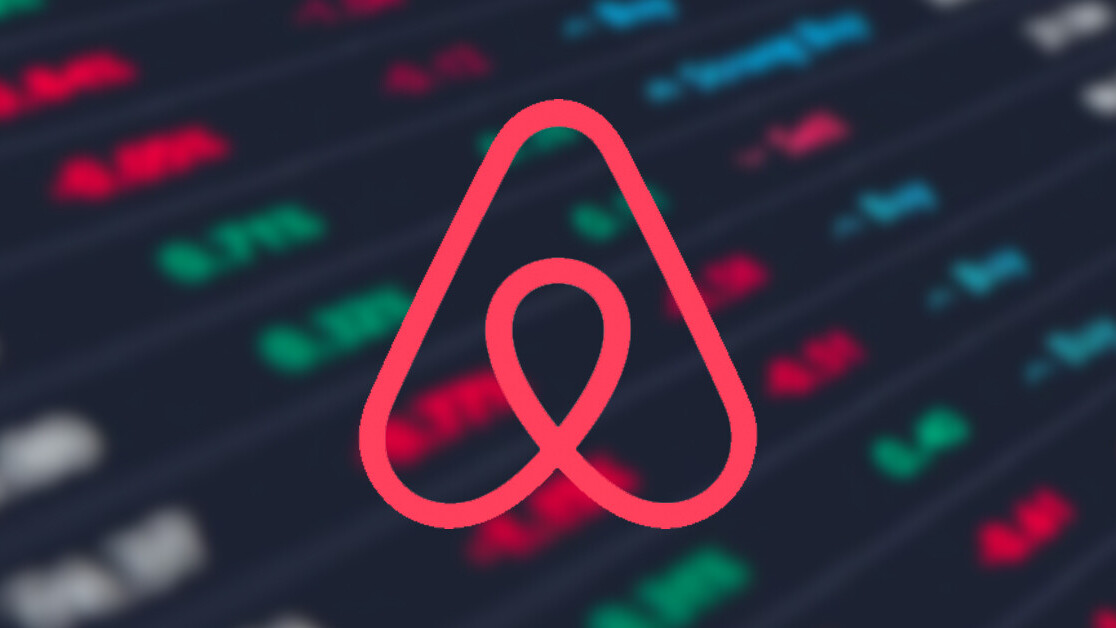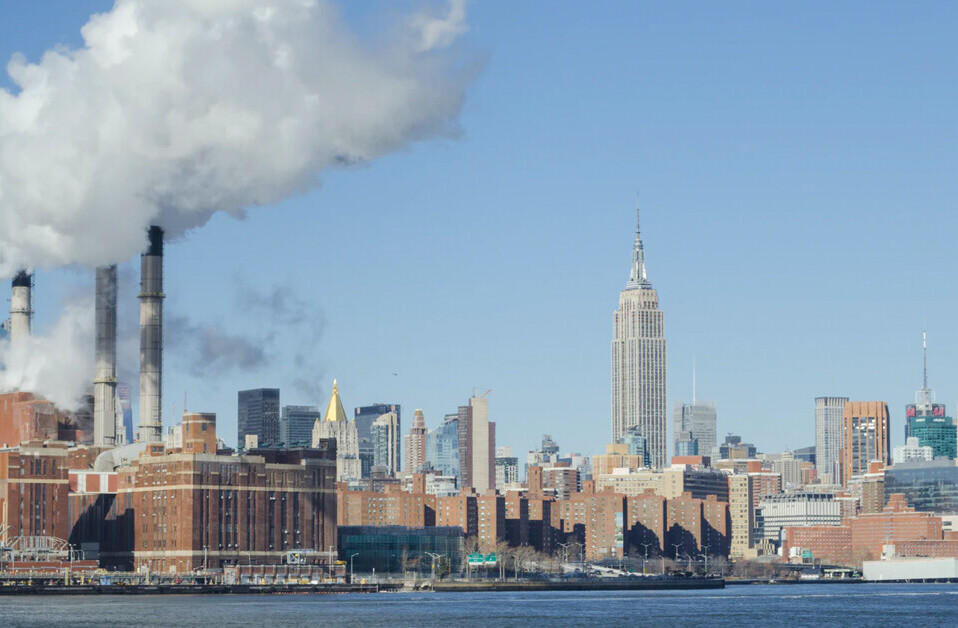
In early 2020, Airbnb’s management announced that to address the slowing growth in sales, it wanted to scale back ancillary activities and focus on the company’s core strength of mid-range and budget short-term rentals. This was just before COVID-19 stopped the travel and leisure industry in its tracks.
Against such a bleak backdrop, it was a surprise when the company’s CEO Brian Chesky announced that the online holiday rental company would go public in December 2020 – and it did just that on December 10.
Shares were originally priced from US$45-US$50 (£34-£38) per share. This went up to US$55-US$60 the day before listing. By the time of the listing, the final share price was US$68. The Initial Public Offering (IPO) is expected to bring in fresh cash for the business of up to US$3 billion, and if successful, it will increase the value of Airbnb close to US$42 billion.
According to details filed by Airbnb with the US Securities and Exchange Commission, the plan is for the business to raise additional capital for funding future growth.
Typically businesses prefer to launch IPOs during a phase of sustained economic growth to gain advantage of the confidence in the market. They avoid IPOs during economic slumps and catastrophic events: like World War I and II, the great recession , or a pandemic. Going by traditional corporate finance practice standards, Airbnb’s decision to go public was nothing less than maverick. And its timing has attracted extraordinary attention.
Airbnb’s IPO decision in a sea of business gloom
But Airbnb had some strategic advantages, the first being its tech-based business model. Unlike other leisure and holiday businesses – such as hotels and airlines – Airbnb does not need to spend large amounts of money on the cost associated with the upkeep of its fixed assets. Instead, Airbnb can successfully pass on the risk of such rigid payment obligations to its “hosts” – the property owners. It then retains the profitable parts of the business for itself with enough agility to face systematic disruptions like Covid-19.
The company’s second advantage is that it has become a well-known name in the world of travel, building a strong brand and a loyal customer base. If we compare the sales in the first nine months of the year for 2019 and 2020, everyone suffered a drop, but the decrease was least (in percentage terms) for Airbnb among all its close rivals like booking.com and Expedia.
In addition to its competitive status, ongoing market changes also created confidence for Airbnb’s IPO. Towards the end of 2020, markets across the world started reviving. South-East Asian, African, and Latin American travel destinations reopened for business , as vaccines for COVID-19 were announced. This bolstered confidence and hope for a return of “business as usual” and reflected in the immediate increase in the valuation of shares among the travel industry. The shares of Easyjet and Jet2 went up by more than 40%.

Airbnb also managed to quieten its critics and avoid aggravating local housing regulators. However, adverse local regulatory reactions isn’t specific to Airbnb. Amazon, Facebook, and Uber have all had their own stories. Given the combined bargaining power of the Silicon Valley giants, there are limited chances that any worldwide systematic regulatory change will happen in the near future.
COVID-19 and Airbnb
The travel and leisure industry in the UK were the main casualties of the pandemic. Airlines, hotels, and holiday homes saw their revenue streams switched off almost overnight. The travel industry had already bid farewell to STA Travel, an agency for cheap flights. The latest UK travel statistics indicate that the effect of the pandemic on the travel industry may result in further business collapses. The UN World Tourism Organization (UNWTO) estimates that the travel and tourism sector has lost export revenues to the tune of US$910 billion to US$1.2 trillion.
As Airbnb enabled peer-to-peer consumption of travel accommodation or experiences, it also suffered its fair share of financial stress. In May 2020, it decided to sack 1,900 people from their jobs – almost a quarter of its workforce and its market valuation fell from US$31 billion in 2017 to US$18 billion in April 2020. But with a market value that touched US$60 billion, minutes after trading begin on December 10, it seems to be poised for some rapid growth.

Hope for “normal”
The travel and tourism industry is hopeful for a much faster recovery than other market segments. There are two reasons for this: first, there is a psychological demand for travel and holidays after a very long lockdown.
Second, the availability of cash. A significant part of the working population saved a large portion of their income by not spending on commuting and leisure costs.
The Airbnb IPO seems to be boldly positioned right at the expected beginning of the recovery in Europe and the improving market conditions encouraged last-minute share issue price.
This successful IPO has brought in the required cash to feed its relentless growth, but more than that, it has proved the quality of its strategic leadership. It has also established its dominant position in the online leisure and travel business for years to come, further boosting its competitive advantage. Of course, we must remember that these are just predictions and only time will tell.
For the markets in general, this IPO is a watershed movement that signifies the transformation towards an economic recovery based on hope for a return to “normal” life.![]()
This article by Olga Cam, Lecturer in Accounting, University of Sheffield and Mohammad Rajjaque, Teaching Associate in Accounting and Finance, University of Sheffield is republished from The Conversation under a Creative Commons license. Read the original article.
Get the TNW newsletter
Get the most important tech news in your inbox each week.




